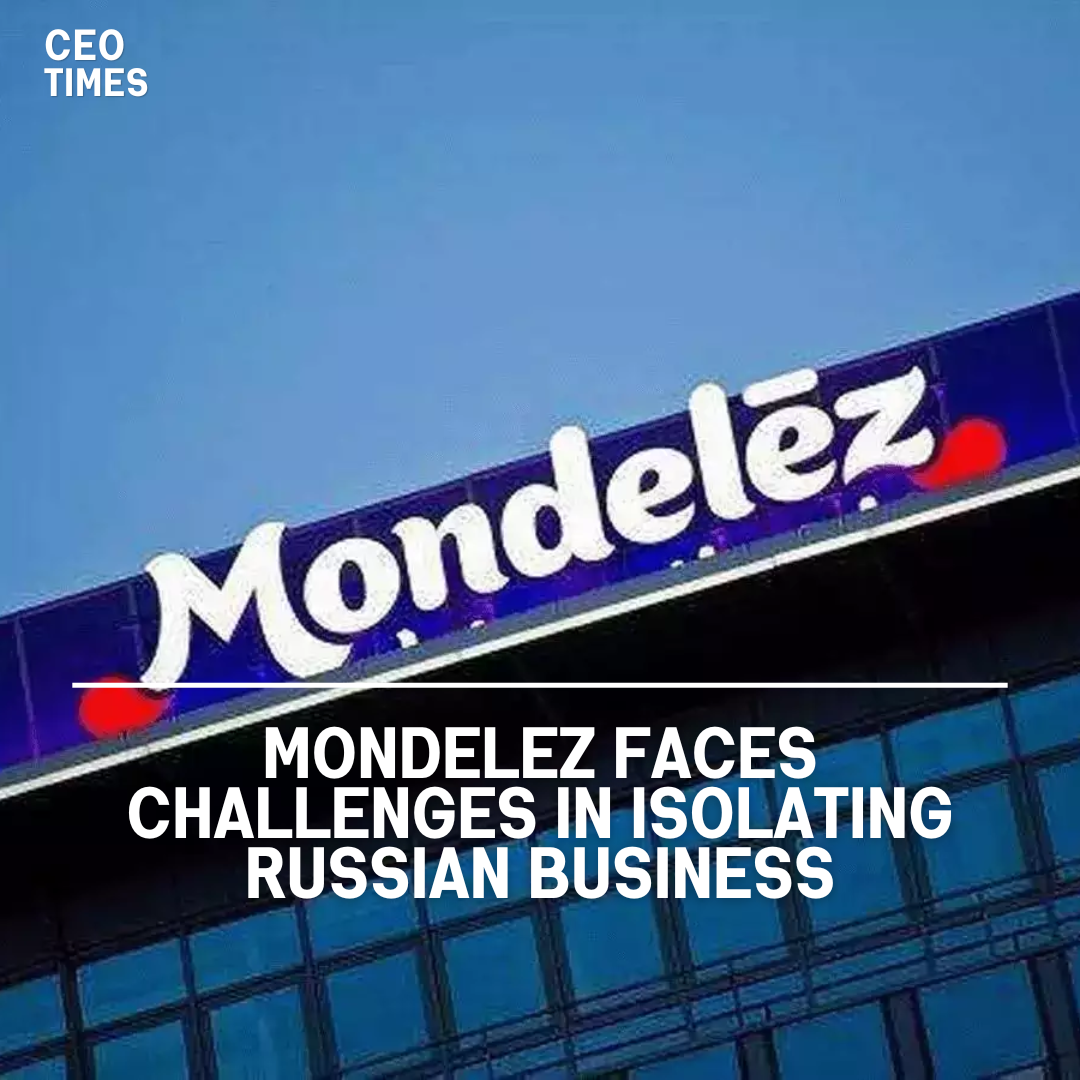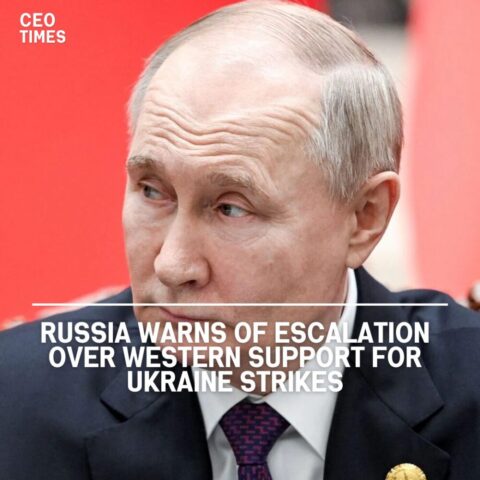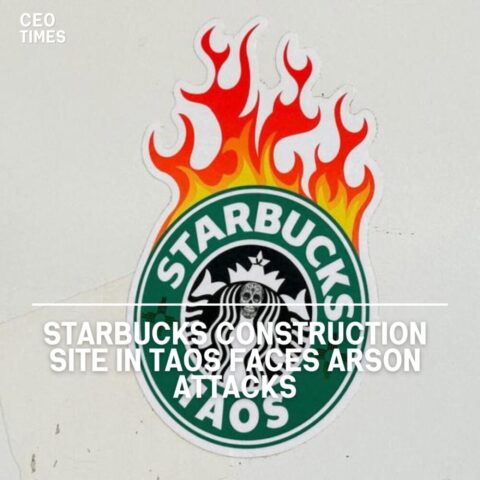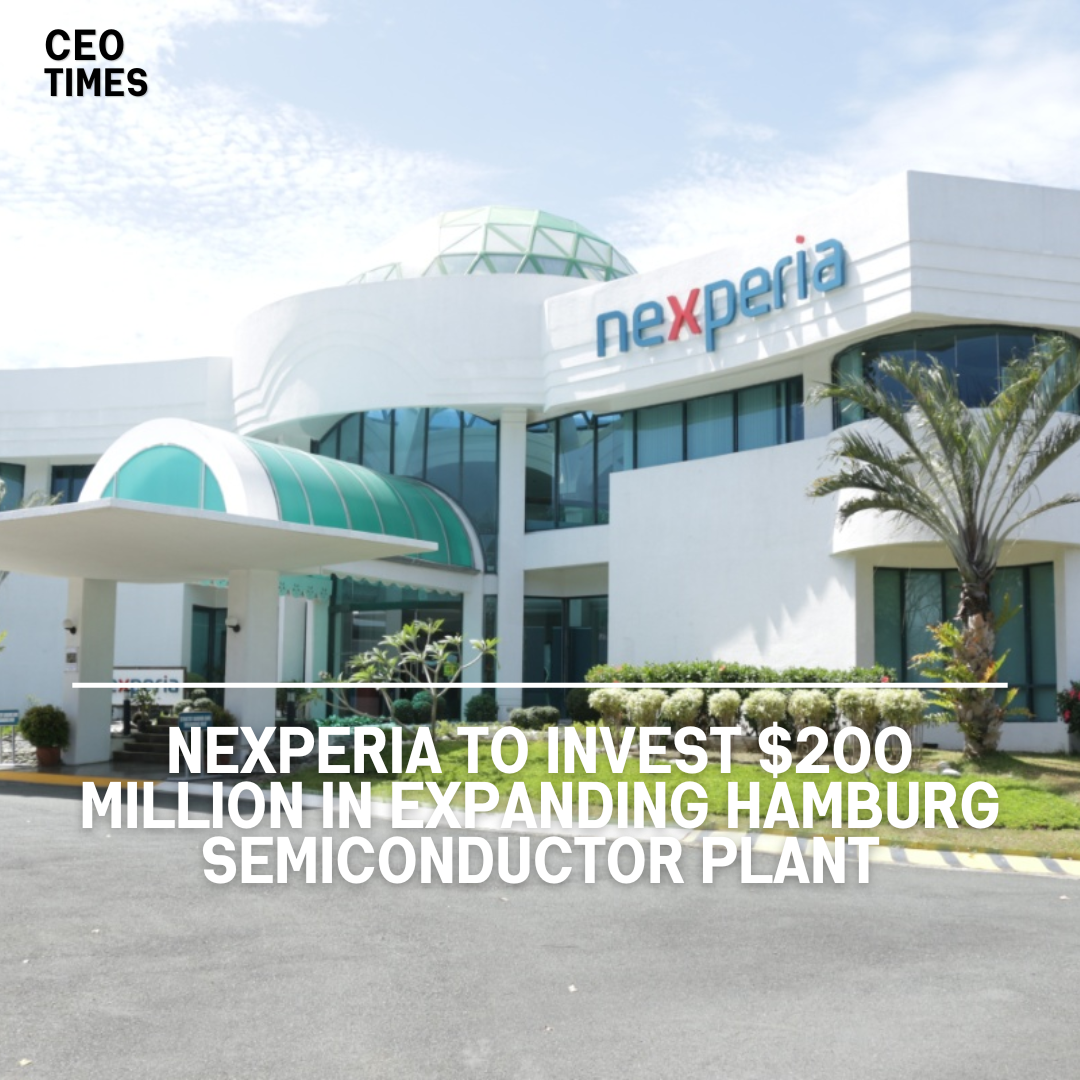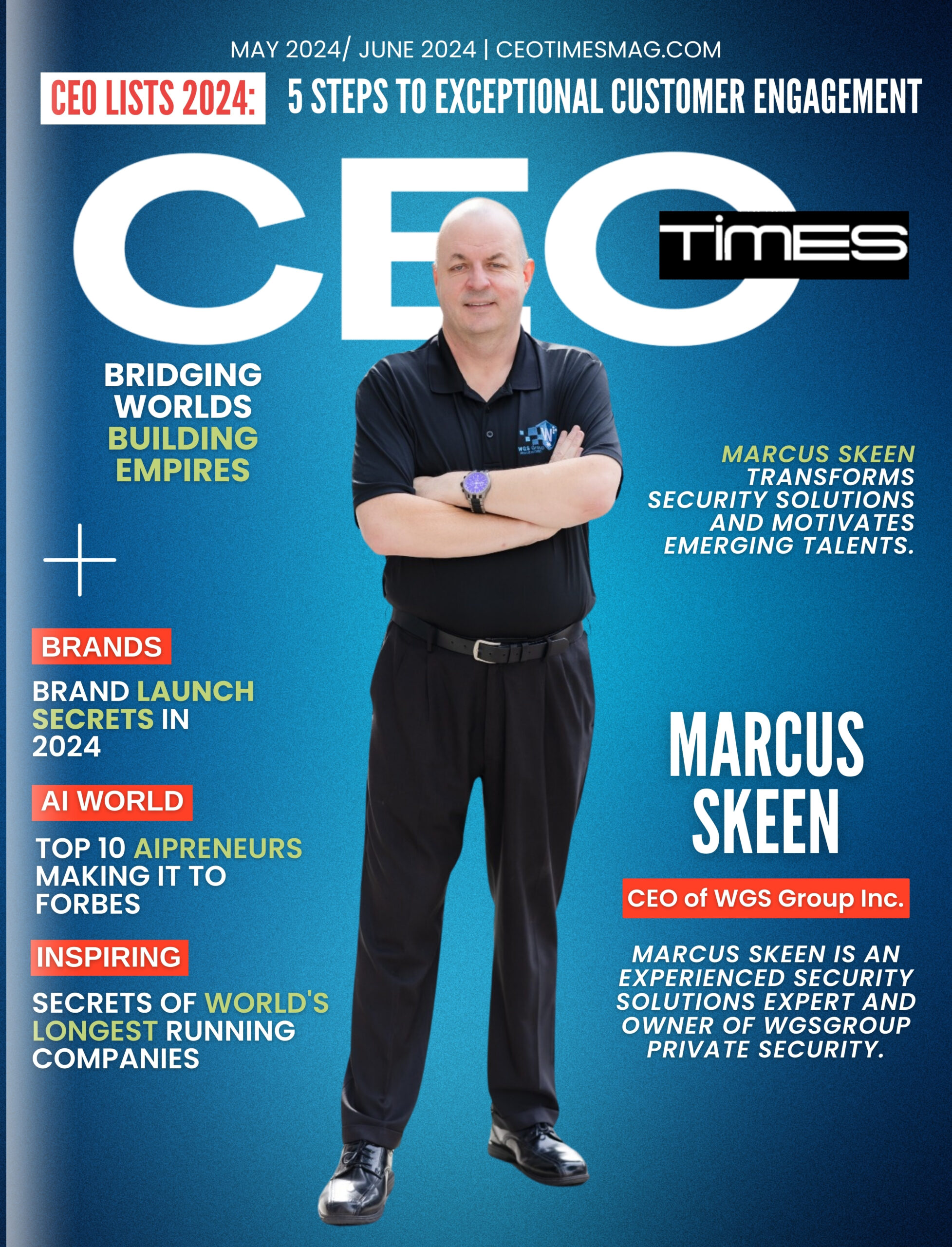Despite Mondelez’s plans to isolate its Russian business from its global operations, internal sales documents seen by Reuters reveal that foreign-made Toblerone chocolate continues to be sold in Russia.
This highlights the complexities and difficulties the U.S. manufacturer faces in removing its products from the Russian market.
Background:
Mondelez had aimed to create a self-sufficient supply chain within Russia by the end of last year. The company stated that products sold in Russia were locally produced and distributed, with no imports of finished goods from Europe.
However, the sales documents indicate that 100 tons of Toblerone chocolate, manufactured in Switzerland and Slovakia, were sold in Russia in the first four months of this year, albeit with a 12% decrease in volume compared to the previous year.
Legal and Market Challenges:
The continued presence of Toblerone on Russian shelves underscores the challenges Mondelez faces in disentangling its Russian operations.
The company suggested that the chocolates might enter Russia through third-party distributors or brokers, a practice known as “grey market imports.”
This situation is further complicated by Russia’s allowance of imports without the trademark owner’s permission.
Financial Significance:
Russia remains a notable market for Mondelez, contributing 2.9% (approximately $1 billion) to its $36 billion in global sales last year. This financial significance makes it challenging for the company to completely sever ties with the Russian market.
To curb grey market imports, Mondelez could sue third-party distributors and retailers in Russian courts for trademark infringement.
However, as legal expert Peter Maggs pointed out, this approach is akin to a “whack-a-mole” game, given the persistent demand for Western brands in Russia.
Organizational Adjustments:
Mondelez has appointed a new general manager to create a “standalone organization” for its Russian operations.
However, this manager reports to a European executive, indicating that the Russian business is not entirely independent.
Additionally, Russian employees continue to use Mondelez’s enterprise resource planning (ERP) system and participate in meetings with colleagues from other regions, further complicating the separation process.









